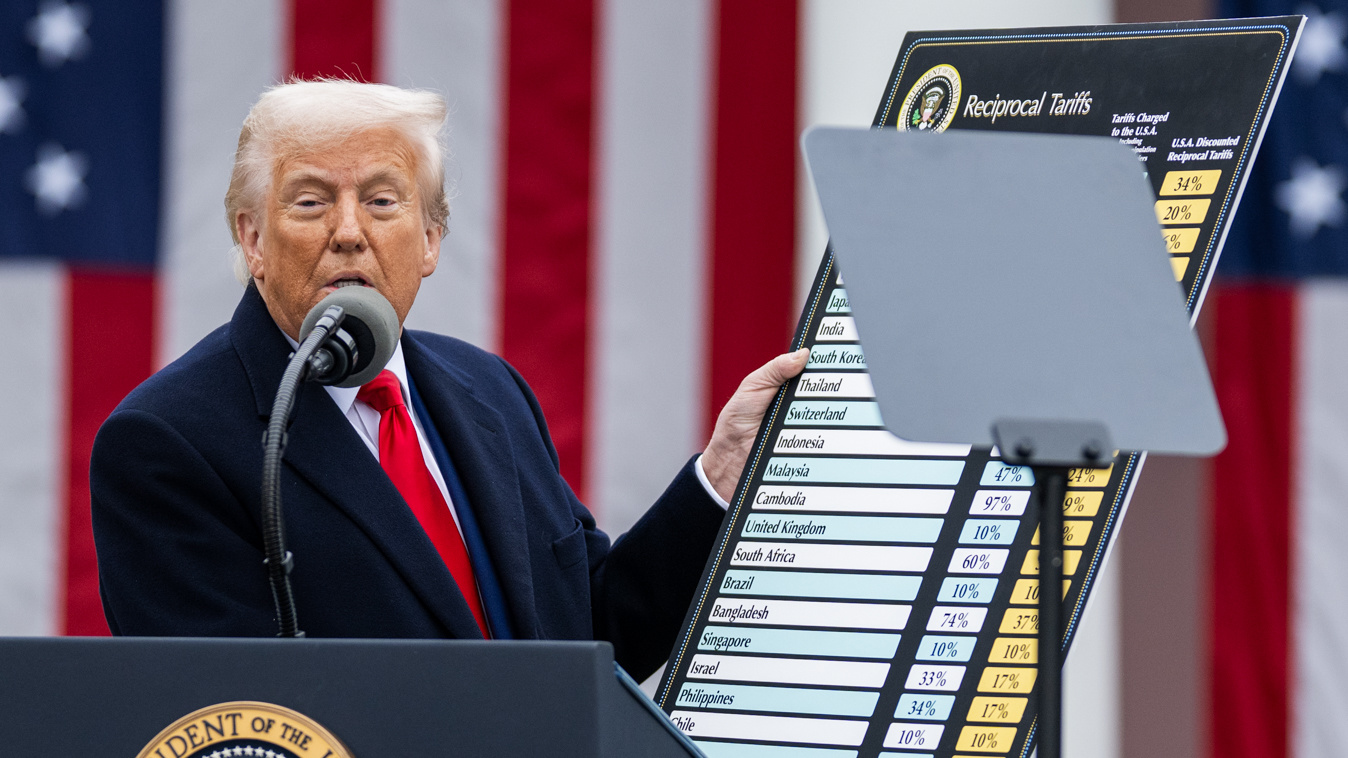
Is the Trans-Pacific Partnership, a trade agreement signed by the United States and 11 other countries, a good deal? Agriculture organizations are encouraging Congress to ratify the agreement that could increase made-in-America exports.
[Pat Kopecki| February, 24 2016 |Wilson County News|
Groups such as the National Cattlemen’s Beef Association say that delaying ratification will cost the United States money, while other groups are not enthusiastic about the agreement. They say it will not increase the gross domestic product — an indicator of the value of goods and services produced over a period of time; instead, they warn it will hurt small family farms and boost consolidation within the ag industry.
Supporters of the trade deal state that the Trans-Pacific Partnership accounts for nearly 40 percent of global gross domestic product. Some sources say the agreement will eliminate all tariffs (taxes or fees) immediately or over the next 15 years. How much and when tariffs will drop is the technical question.
The U.S. Department of Agriculture (USDA) has documentation available to show how the Trans-Pacific Partnership will help states. In Texas, 42,500 jobs are supported by agricultural exports, with an estimated $5.6 billion value in 2013. See “Texas export facts” for more data.
According to the USDA:
•Japan’s beef and veal tariff of 50 percent could be reduced to 9 percent.
•Vietnamese tariffs of 10 percent on cotton would be eliminated.
•Japan will eliminate duties on approximately 80 percent of tariff lines for pork, including processed pork.
Opposition
The Coalition For a Prosperous America and the National Farmers Union have voiced opposition.
The Coalition For a Prosperous America stated “no net job creation” and “little economic boost” will occur with the agreement.
They warn, “Any TPP [Trans-Pacific Partnership] provisions that ‘open foreign markets’ for American firms are equally available to competing foreign firms. However, foreign firms are given new access to the biggest TPP market, the United States.”
National Farmers Union President Roger Johnson, speaking against the treaty to the U.S. International Trade Commission Jan. 13, before the document was signed, addressed the gross domestic product.
“Even a growth rate of 0.4 percent is unacceptable when the trade deficit currently sits at 3 percent of GDP [gross domestic product] and is likely to grow with implementation of TPP.”
Johnson urged proponents to “examine the overall impacts on family farmers” over the past 20 years of free trade agreements.
“Its impact on agriculture and rural communities will perpetuate the same trends … greater consolidation; erosion of mid-sized farms; increased volatility in farm incomes and the depopulation of rural America.
In support
The National Cattlemen’s Beef Association (NCBA) cites that TPP countries account for more than 60 percent of total beef exports. If the partnership is approved, Japan — the largest market for U.S. beef — would reduce the tariff by 11 percent, from the current 38.5 percent.
NCBA President Philip Ellis asked for Congress to act immediately.
“Since passage of the Japan-Australia Economic Partnership in late 2014, we have lost over 11 percent of our sales into Japan,” Ellis said.
The National Pork Producers Council also has voiced its support. Pork exports since 1989 are valued at $6.7 billion, an increase of 1,550 percent, due to previous agreements signed.
The American Peanut Council also supports the opportunity, since the 12-percent tariff on U.S. peanut butter will be eliminated altogether in six years.
The American Soybean Association warns that just a one-year delay in implementing the agreement “would represent a $77 billion permanent loss to the U.S. economy by giving up gains that compound over time.” They base this assumption on a report by the Peterson Institute for International Economics, stating the agreement “would boost U.S. exports by $357 billion annually in 2030.”
Though the partnership was signed Feb. 3 by member countries, it does not mean the United States will participate. Congress must approve the agreement before any of the provisions go into effect. Since it is an election year, chances of passage are slim. Some sources say it could take up to two years to ratify.
Sources: U.S. Grains Council, National Pork Producers Association, American Peanut Council, National Cattlemen’s Beef Association, U.S. Department of Agriculture, Coalition For a Prosperous America, American Soybean Association, and National Farmers Union
Texas export facts
•Texas exports totaled $251 billion in 2015, down from a record $279.5 billion in 2013
•Texas exports accounted for more than 16 percent of U.S. goods in 2015
•Texas ag exports, $6.5 billion (2012 data)
•Texas leads the nation with cotton exports — $1.6 billion or 25 percent of the U.S. cotton exports (2013 data)
•Texas beef and veal, $855 million (2013 data))
•The San Antonio-New Braunfels metro area exports $19.3 billion in goods (2013 data)
Sources: U.S. Trade Representative website, Texas Gov. Greg Abbott Feb. 9 press release
Trans-Pacific Partnership
Countries signing the Trans-Pacific Partnership include Australia, Canada, Japan, Malaysia, Mexico, Peru, United States, Vietnam, Chile, Brunei, Singapore, and New Zealand.












